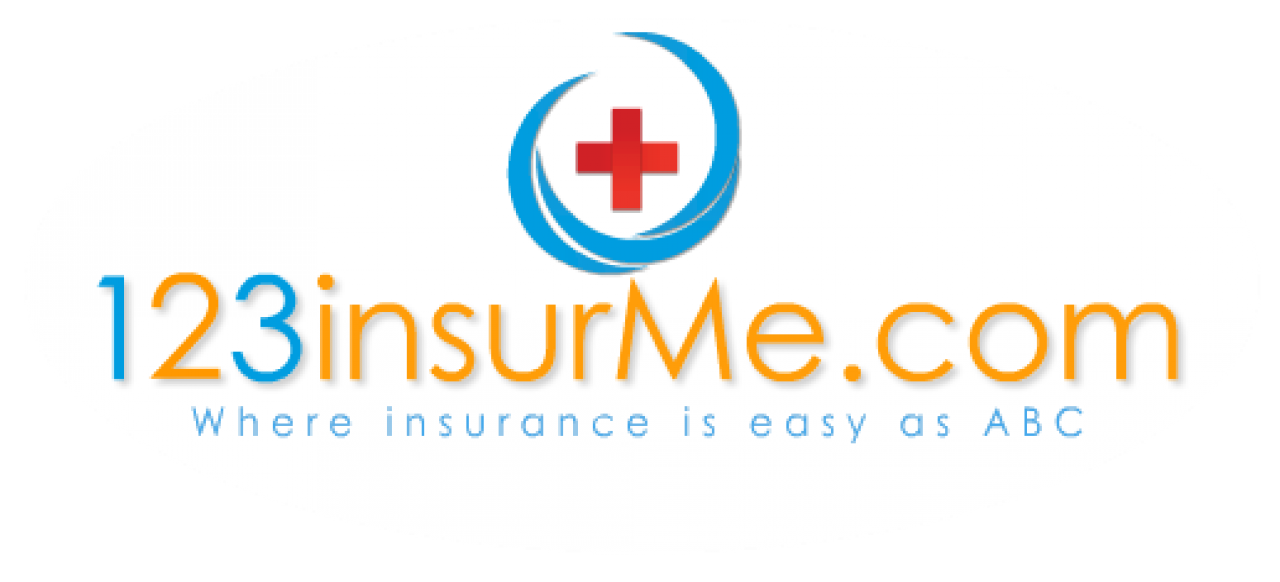PPACA raises the stakes for HSAs
 In a sea of rising health care costs, HSAs may be the most useful item in an employer’s toolbox.
In a sea of rising health care costs, HSAs may be the most useful item in an employer’s toolbox.
The looming deadlines for implementing many key Patient Protection and Affordable Care Act (PPACA) provisions have many of your clients wondering how they can cushion the impact of the rising premium costs they fear will accompany them. Some clients have begun to hear rumors of their employers switching to plans with high deductibles — with correspondingly lower premiums for the employer — to avoid the so-called “Cadillac Tax.” Whether your clients fear direct premium increases or higher annual deductibles, their out-of-pocket costs can be slashed using a tax-preferred vehicle that has been on the market for years: the health savings account (HSA).
Pre-tax contributions, coupled with tax-free earnings and withdrawals, make HSAs a powerful tool for covering the rising costs of your clients’ health coverage. They also have the added bonus of reducing taxable income in the process.
PPACA’s impact
Within the next four years, companies will become subject to an excise tax if they offer health care plans that cost more than $10,200 per individual employee or $27,500 for family coverage. This Cadillac Tax has many employers looking for ways to lower the cost of the health care options they currently offer employees, and the solution commonly involves switching over to plans with lower premiums and correspondingly higher deductibles (known as HDHPs).
This means that your clients who currently have comprehensive health coverage provided at little cost to them will soon be required to pay for more of their health care out-of-pocket before insurance coverage kicks in. Because a $5,000 deductible may soon become common, these clients will need an alternate solution to help lessen the burden.
Self-employed and small business clients have similar fears regarding the widespread perception that they’ll see higher premium costs once the health insurance exchanges open late in 2013. These clients are similarly likely to resort to HDHPs to control premium costs though their out-of-pocket costs will rise through the high deductible that must be paid before coverage begins.
HSAs and HDHPs
HSAs were created as a supplement to HDHPs and, as HDHPs become more prevalent, clients should be made aware of the importance of taking advantage of an HSA to control out-of-pocket health expenses. For 2013 and 2014, an HDHP is a plan with an annual deductible of not less than $1,250 for self-only coverage or $2,500 for family coverage. Annual out-of-pocket expenses in an HDHP cannot exceed $6,350 for self-only coverage in 2014 ($6,250 in 2013) or $12,700 for family coverage ($12,500 for 2013).
To offset the cost of an HDHP, an individual (or his employer) is permitted to contribute $3,300 in pre-tax dollars to an HSA in 2014 ($3,250 in 2013). For family coverage, the limit is increased to $6,550 ($6,450 in 2013). The funds are contributed pre-tax, and they can also be withdrawn tax-free if used to pay for qualified medical expenses (which covers a wide range of expenses, from aspirin to premium costs). Much like a retirement account, earnings on the account value also grow tax-free.
Importantly, the funds in an HSA do not expire from year to year, so your client can build up a substantial account balance over the years to help cover the cost of health coverage.
Conclusion
Though the future of HSAs was uncertain when the ACA was originally passed, it has since become clear that these tax-preferred accounts will take center stage as an affordable strategy for funding the higher costs of health care that individuals are likely to see in the coming months and years.
For previous coverage of the tax benefits of HSAs in Advisor’s Journal, see Double Down on Tax Benefits with HSAs.
For in-depth analysis of the rules applicable to HSAs, see Advisor’s Main Library: N—Health Savings Accounts.
Your questions and comments are always welcome. Please contact the Panel of Experts.
To Your Health,Randy Kelley
Owner -Agent
Texas License #1638945
National Producer # 6553301
Kelley Insurance
Home Page:
www.RandysMyAgent.com
email:RandysMyAgent@yahoo.com
Free Medigap Quotes
www.MedigapOnly.com
Free Health Insurance Quotes
www.123insurME.com
Free Dental Plan Quotes
www.dpbrokers.com/57885.dp
Toll Free. (855)664-2771
Cell: (910)352-6444
Toll Free Fax. (866) 436-7420
Prayer for Decisions God, grant me the serenity to accept the things I cannot change,
The courage to change the things I can,
And the wisdom to know the difference.
Amen
The information contained in this email message is confidential under federal law, and is intended only for the use of the individual or Entity named above. If the reader or recipient of this message is not the intended recipient, you are hereby notified that any dissemination, distribution or copying of this confidential information is prohibited by federal law. If you have received this communication in error, immediately notify Kelley Insurance at the above number, and return all information that accompanies it to Kelley Insurance to the address given above.
